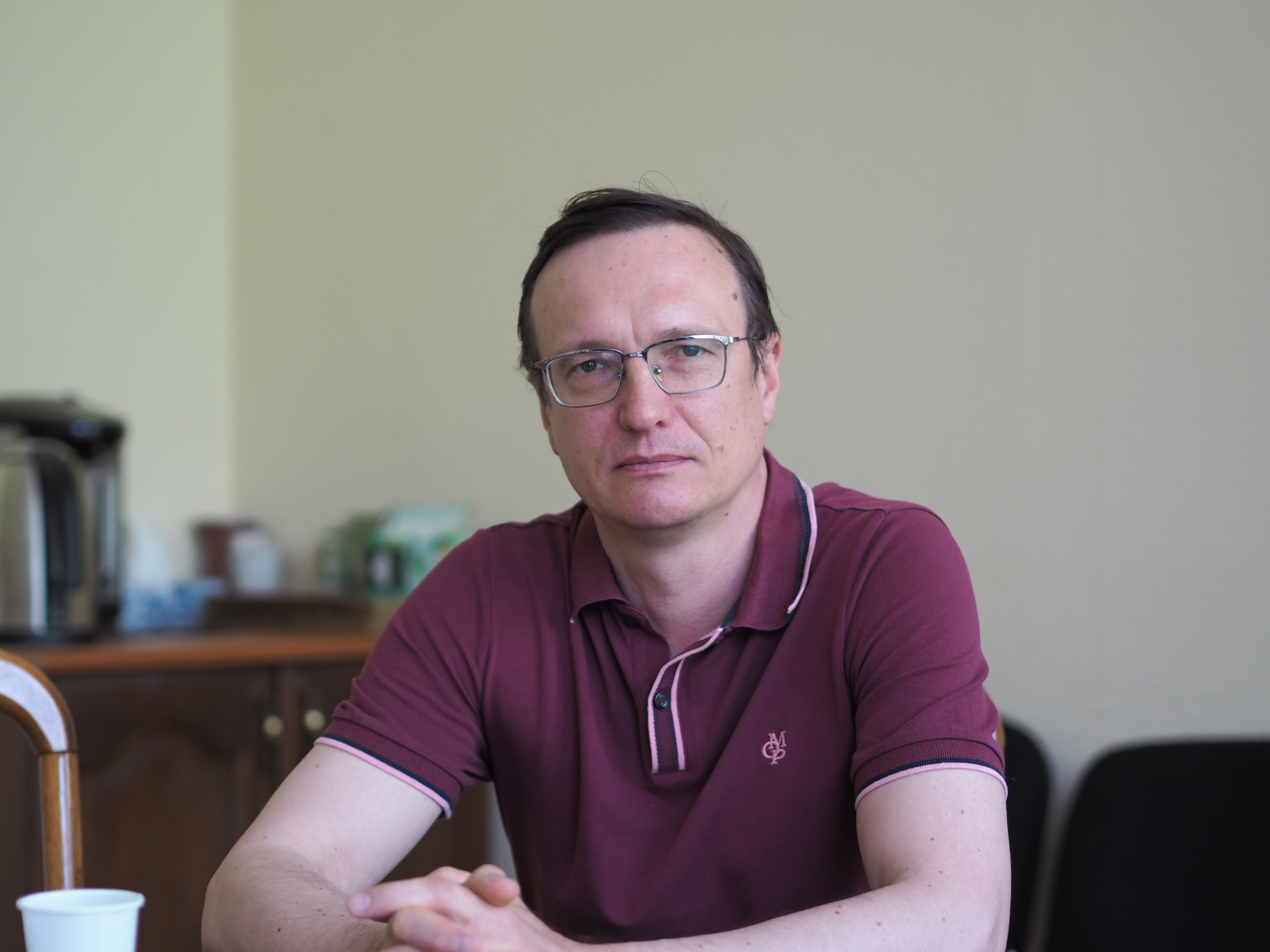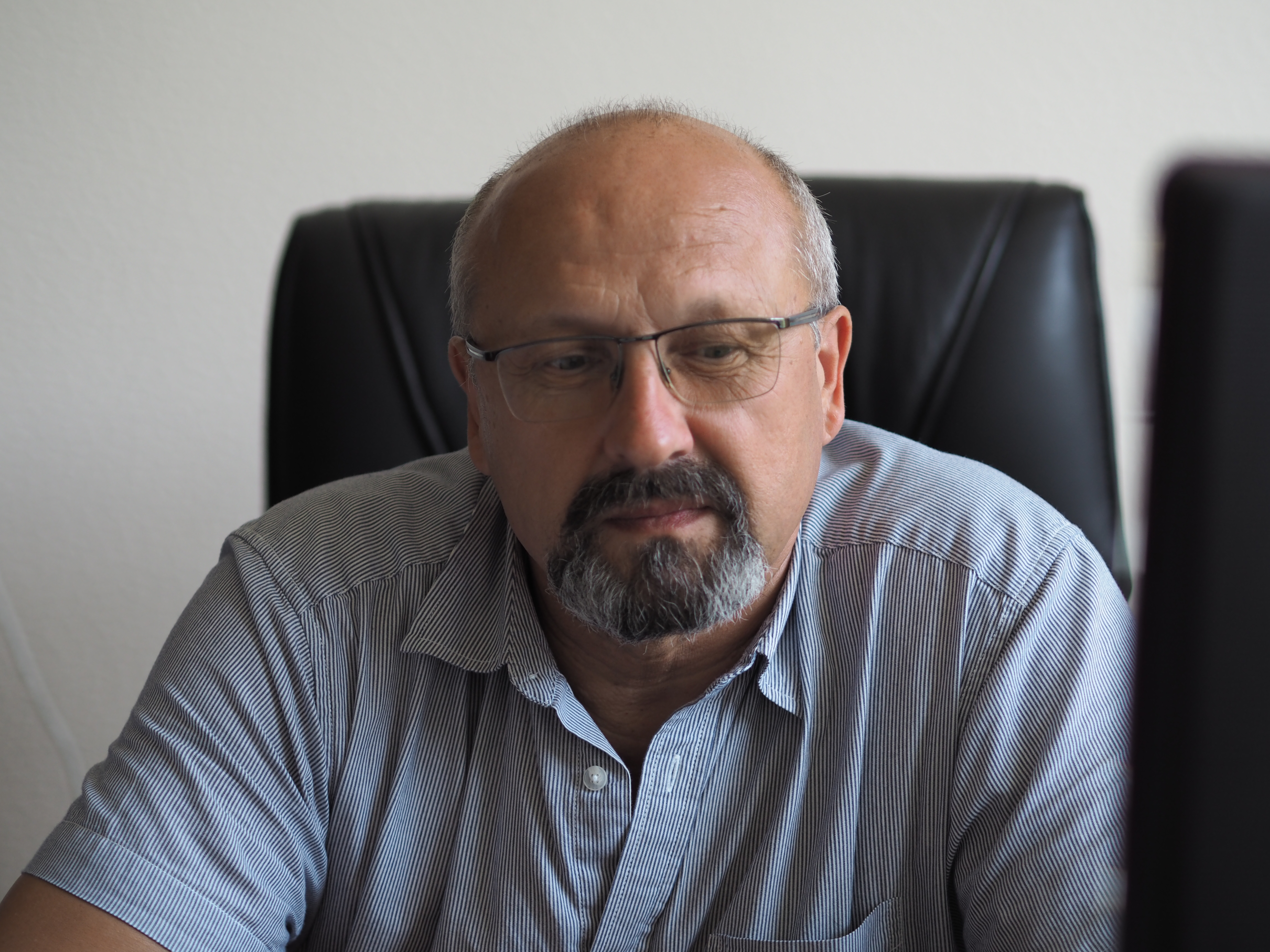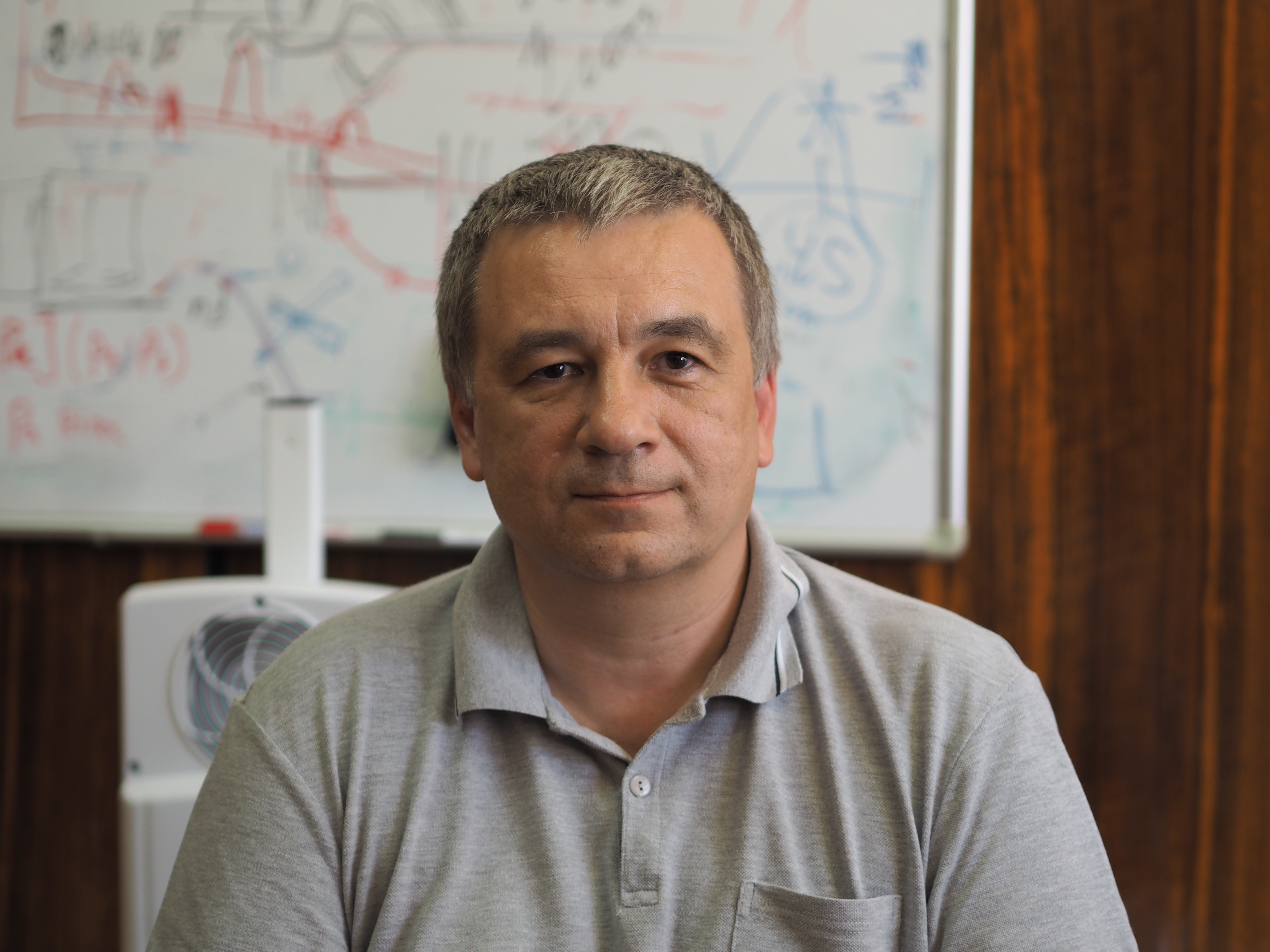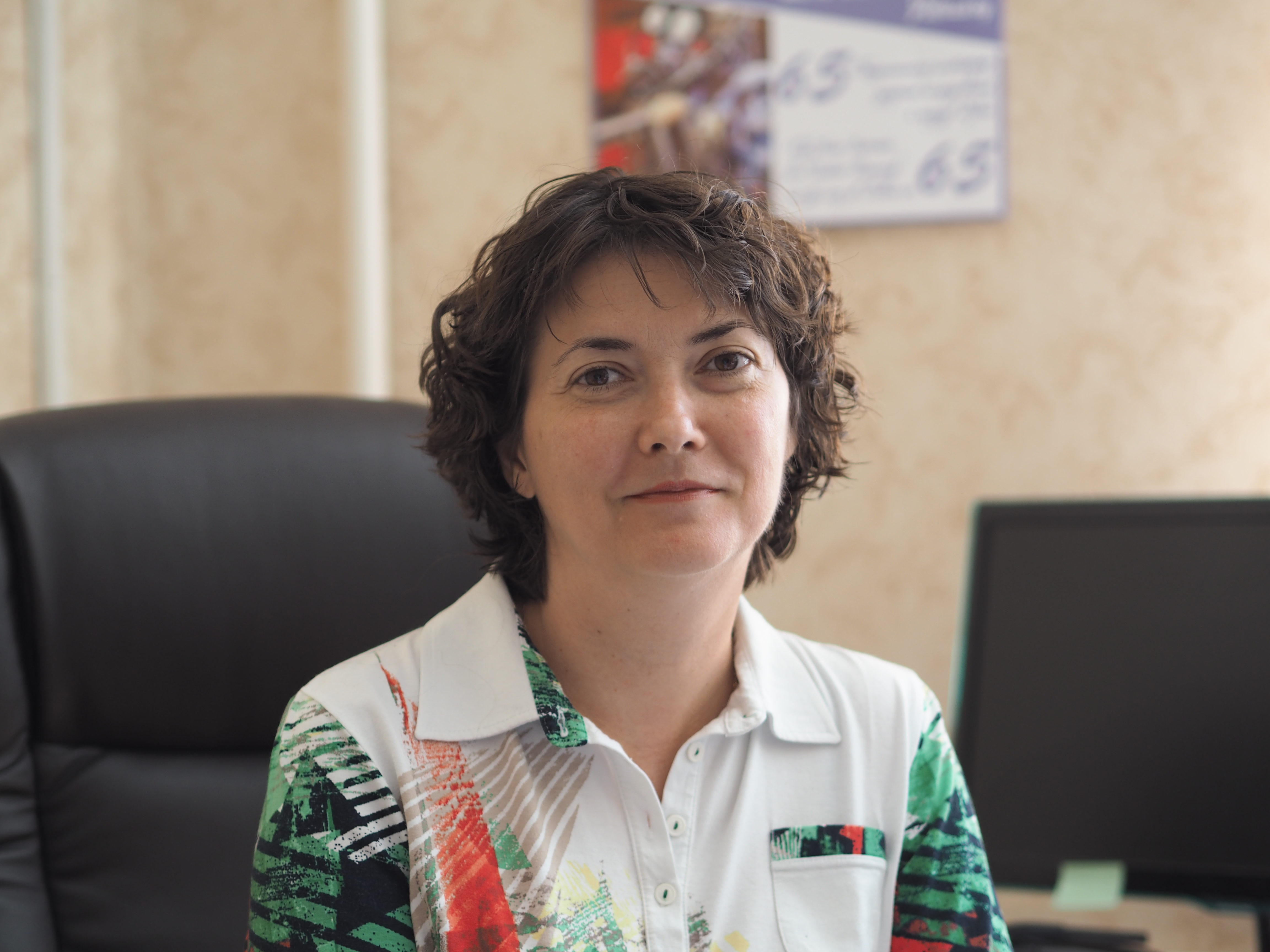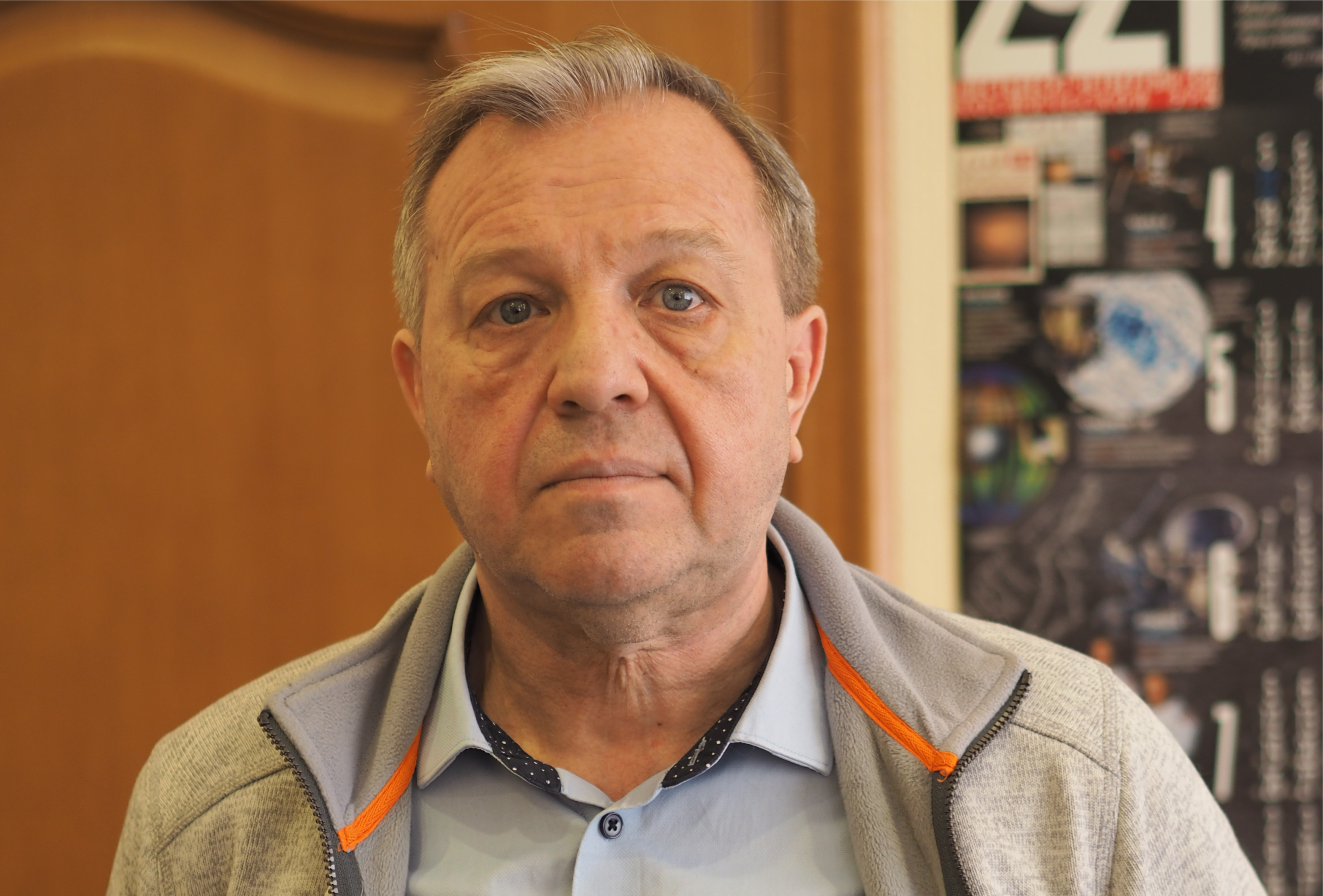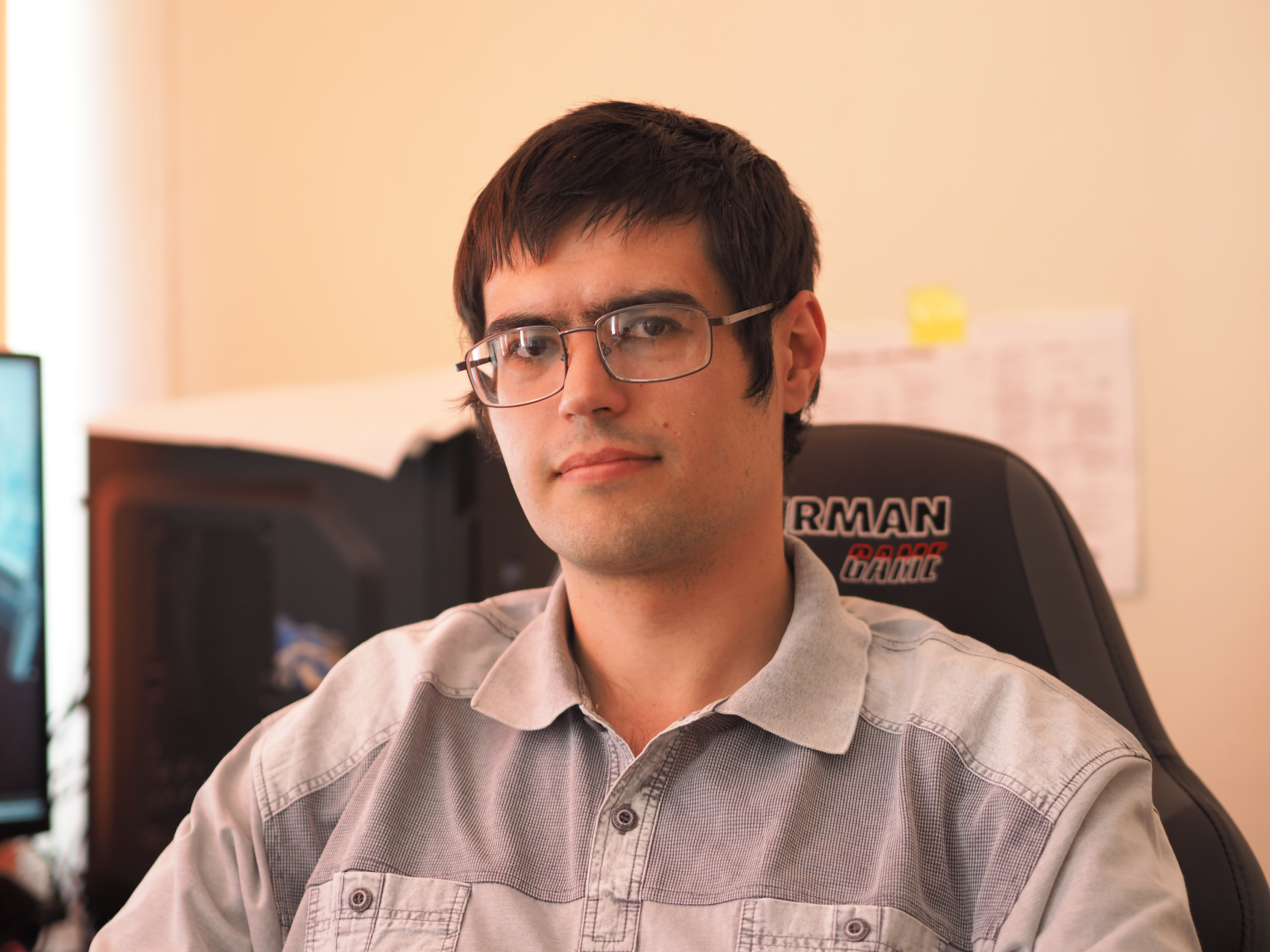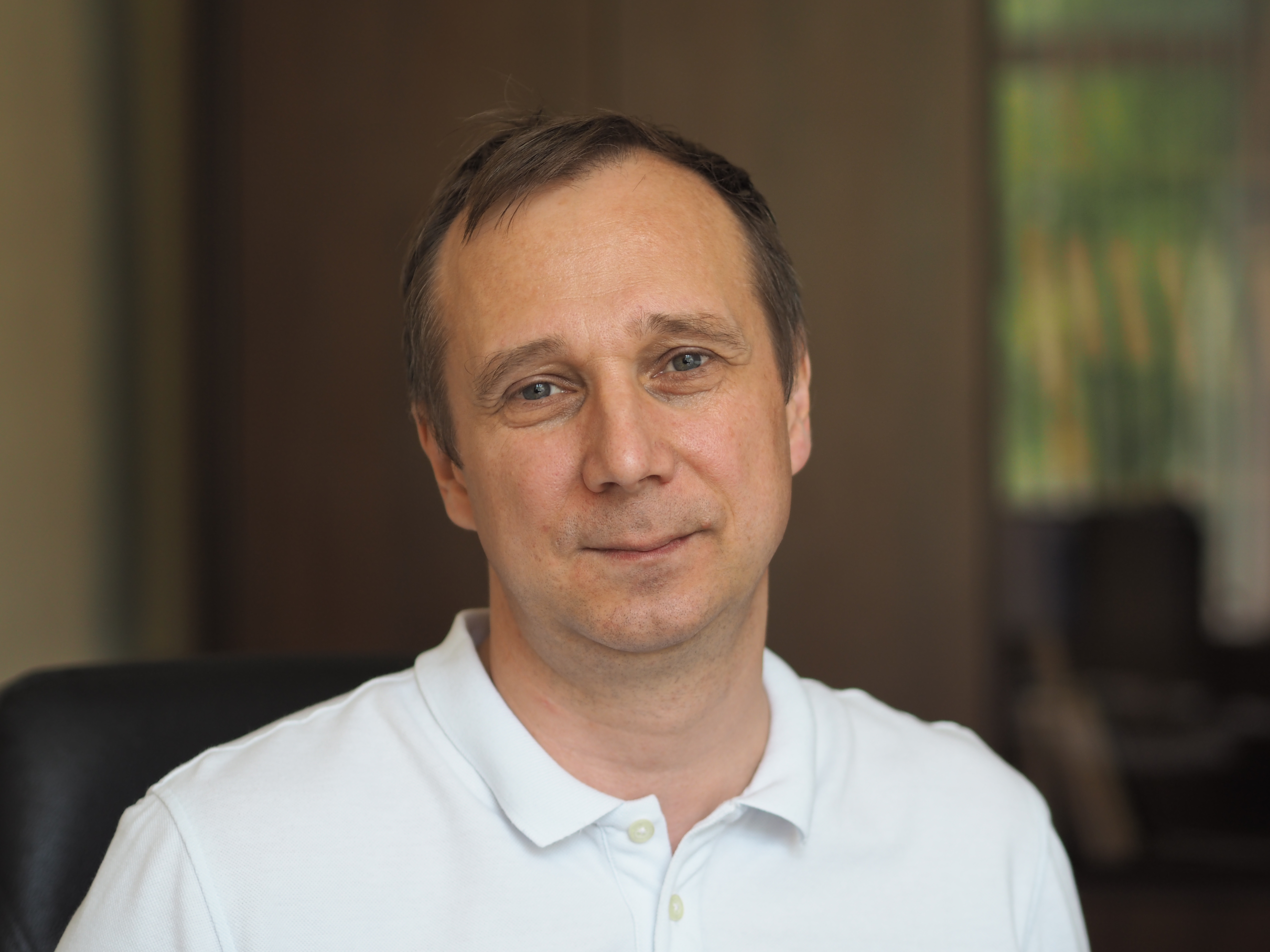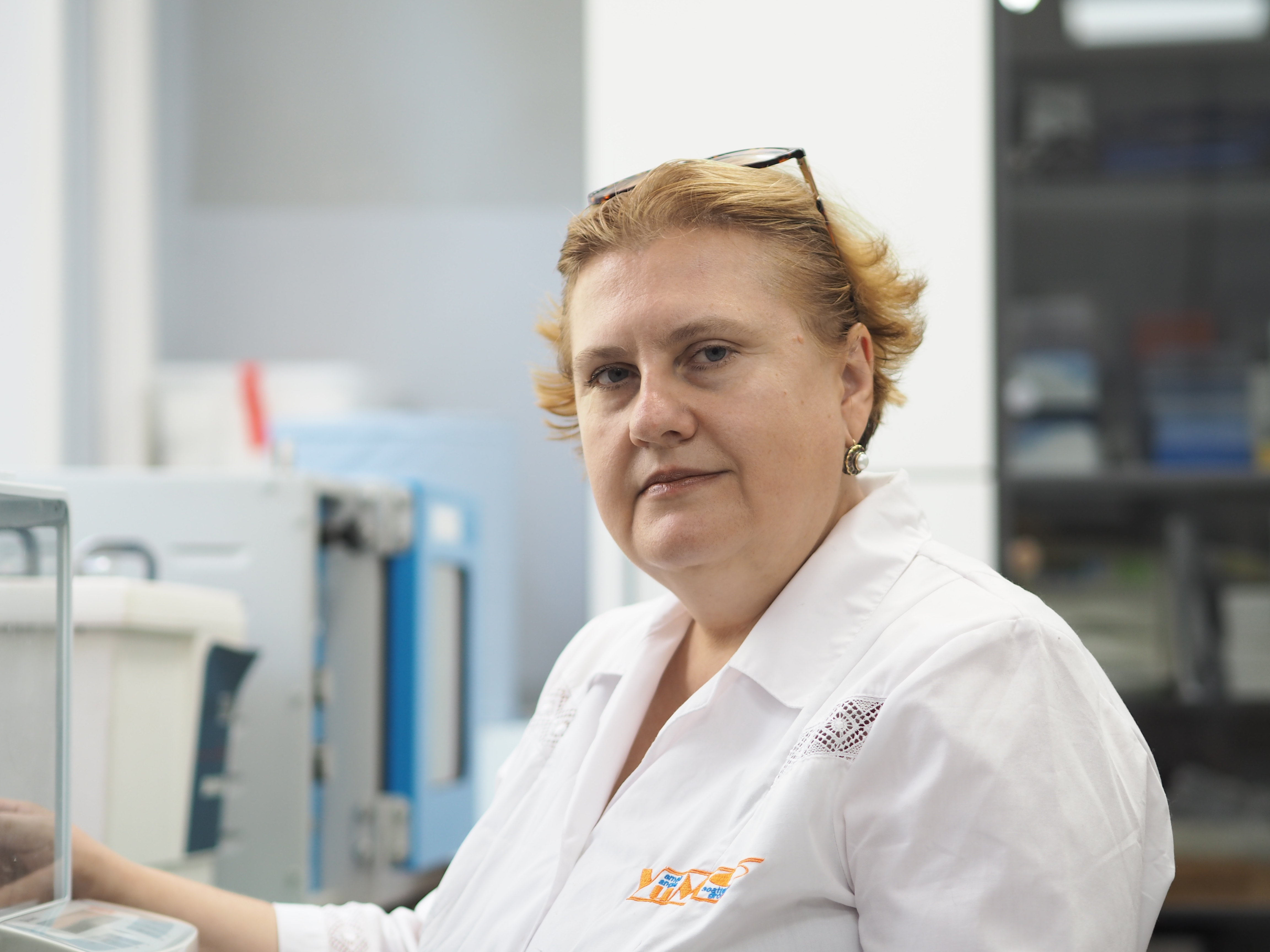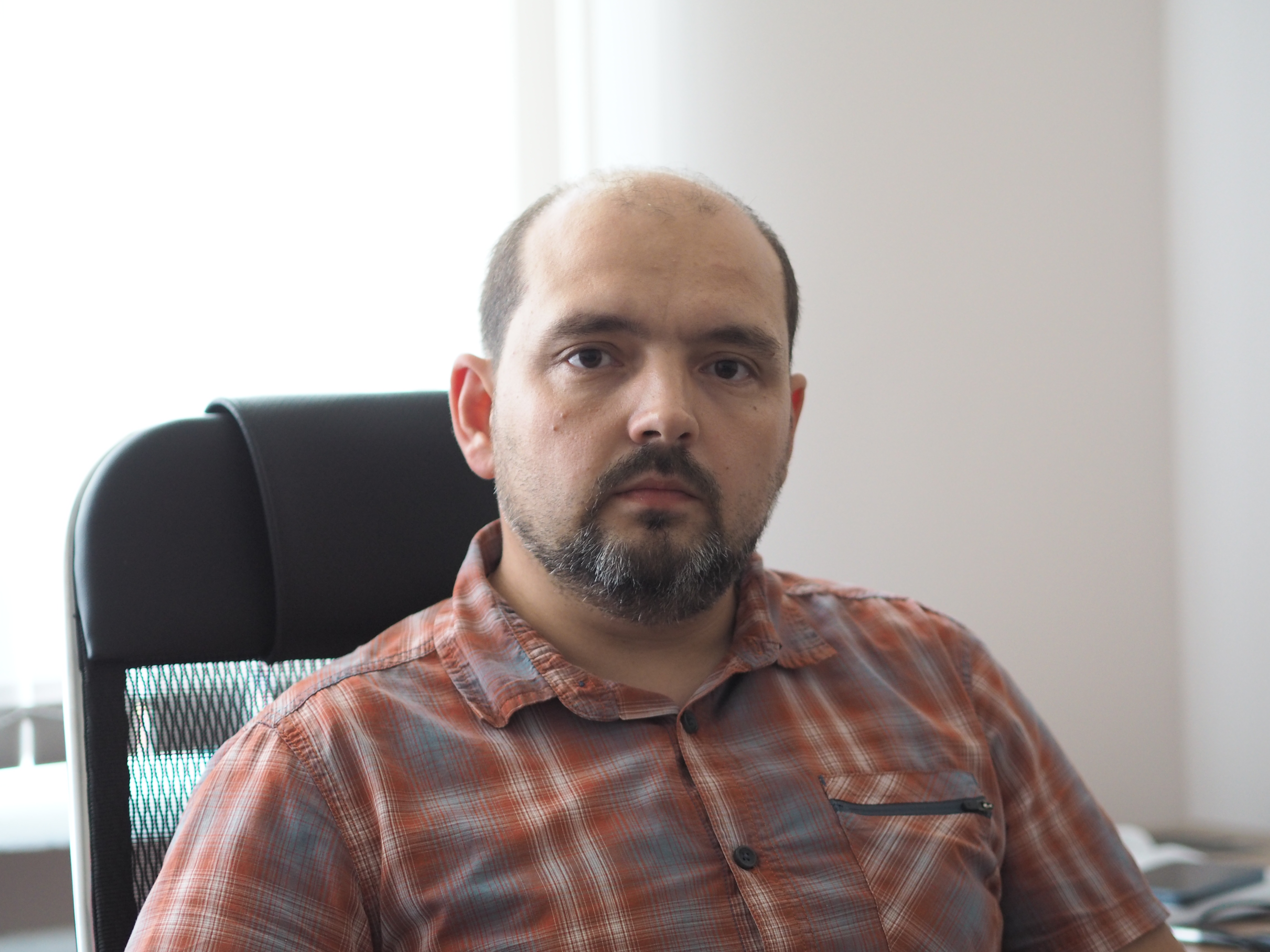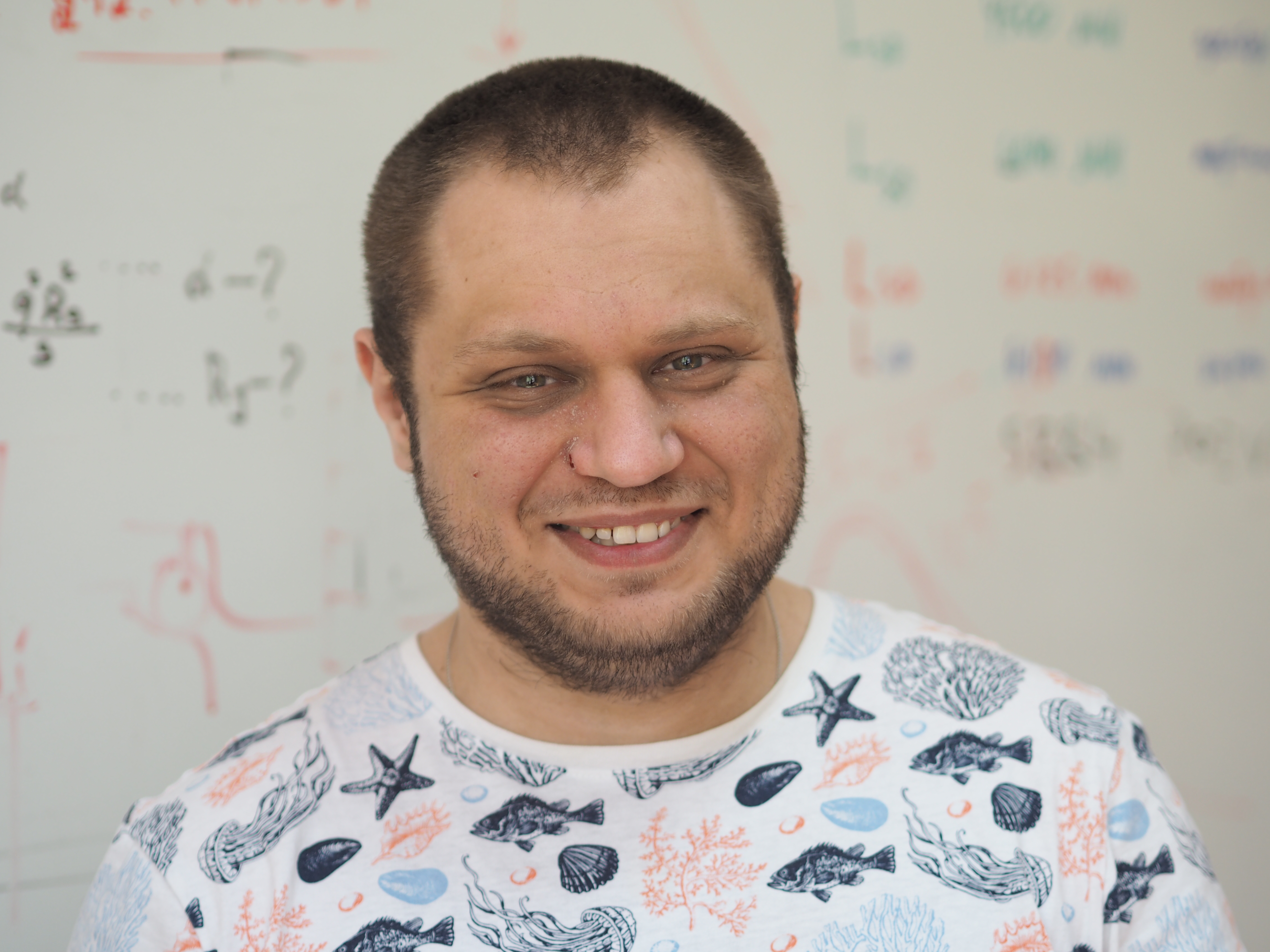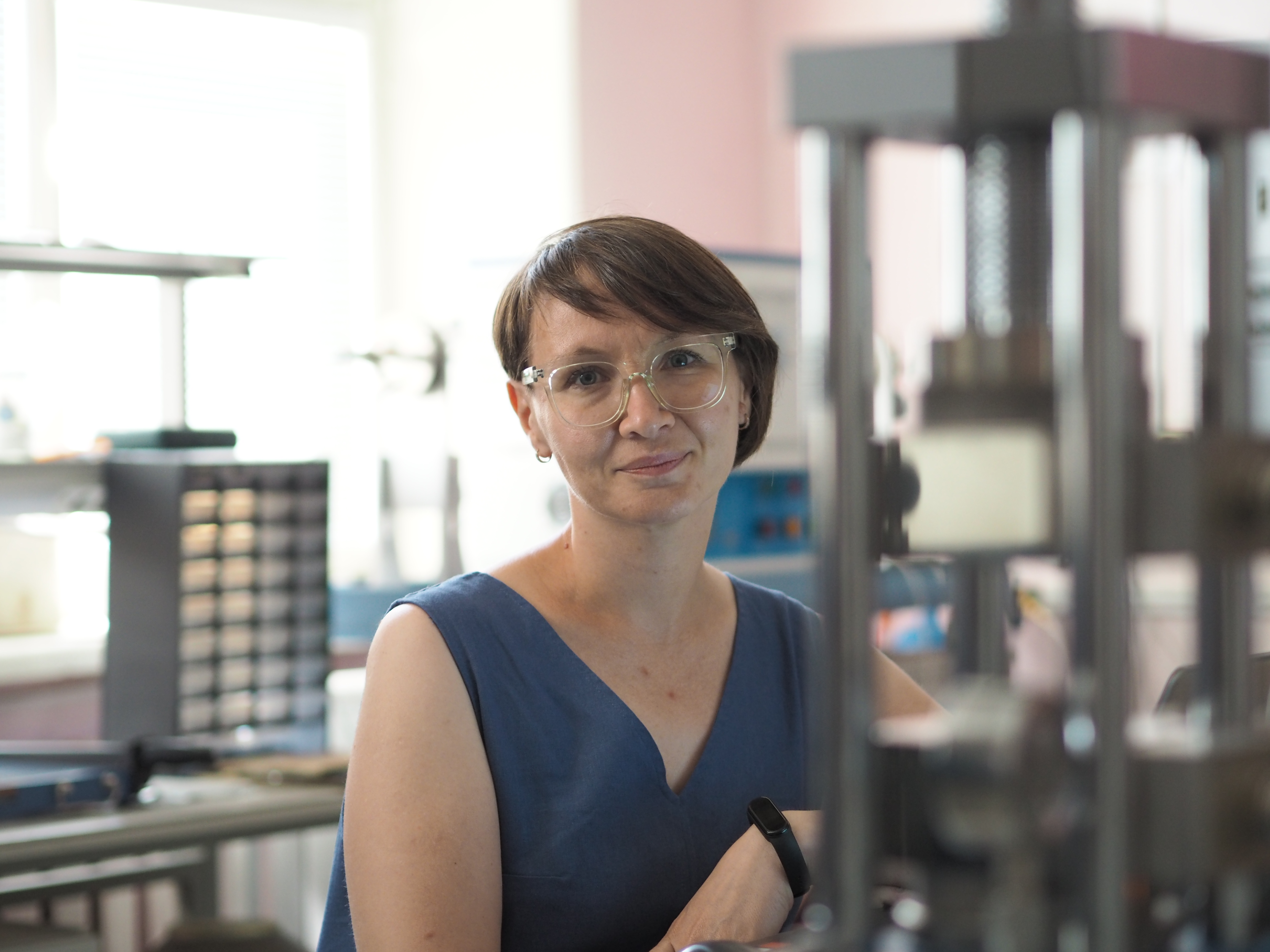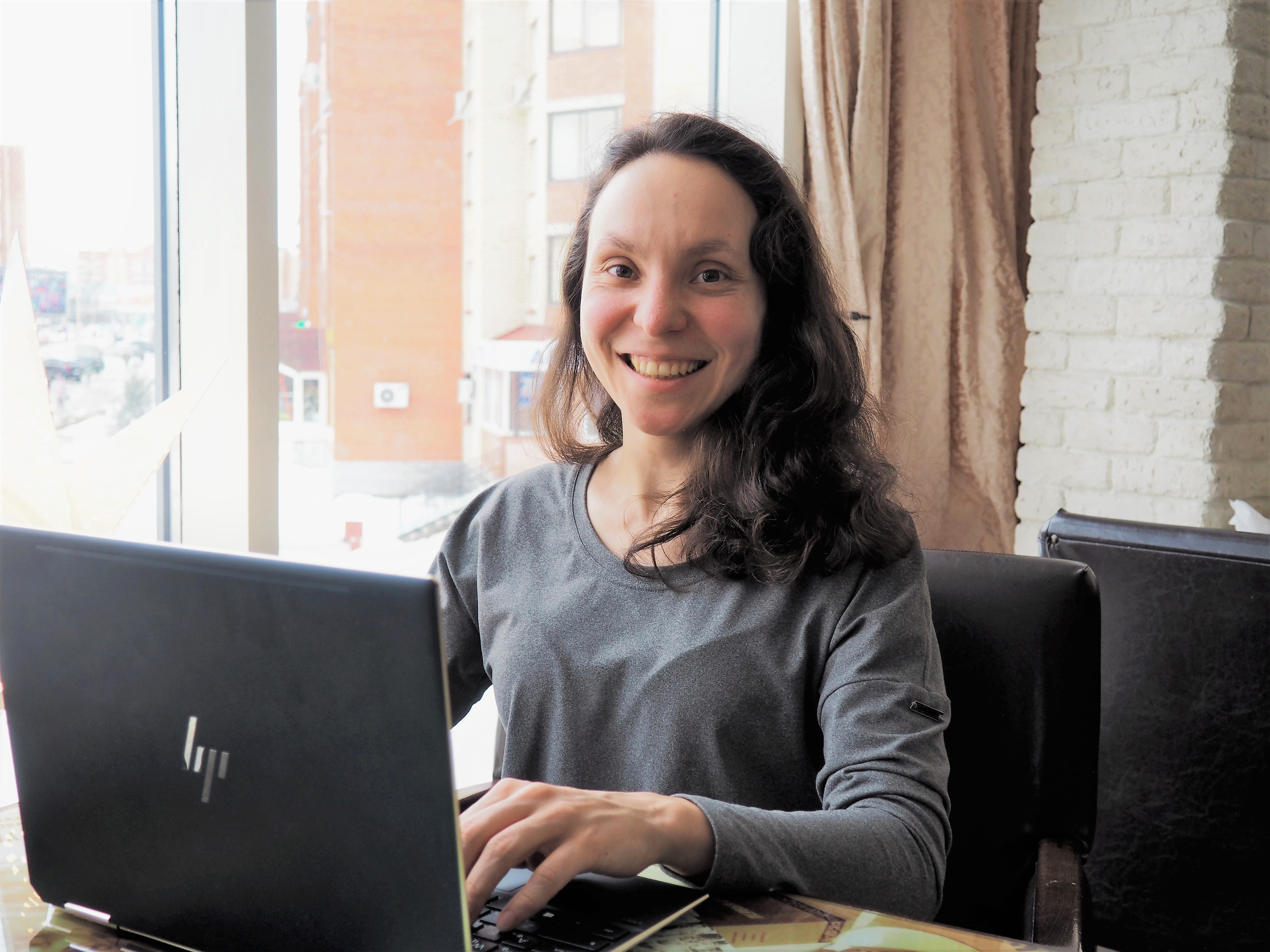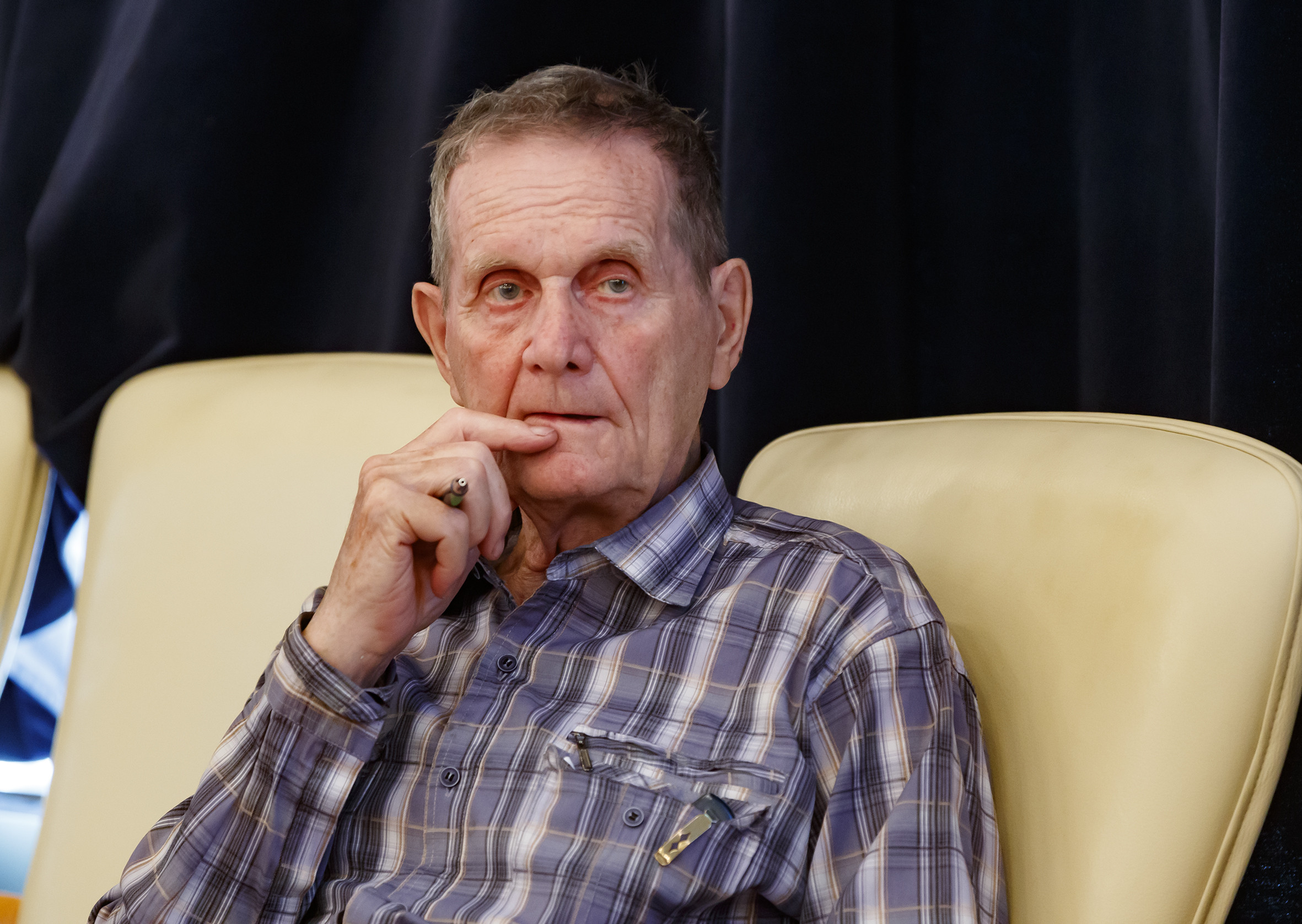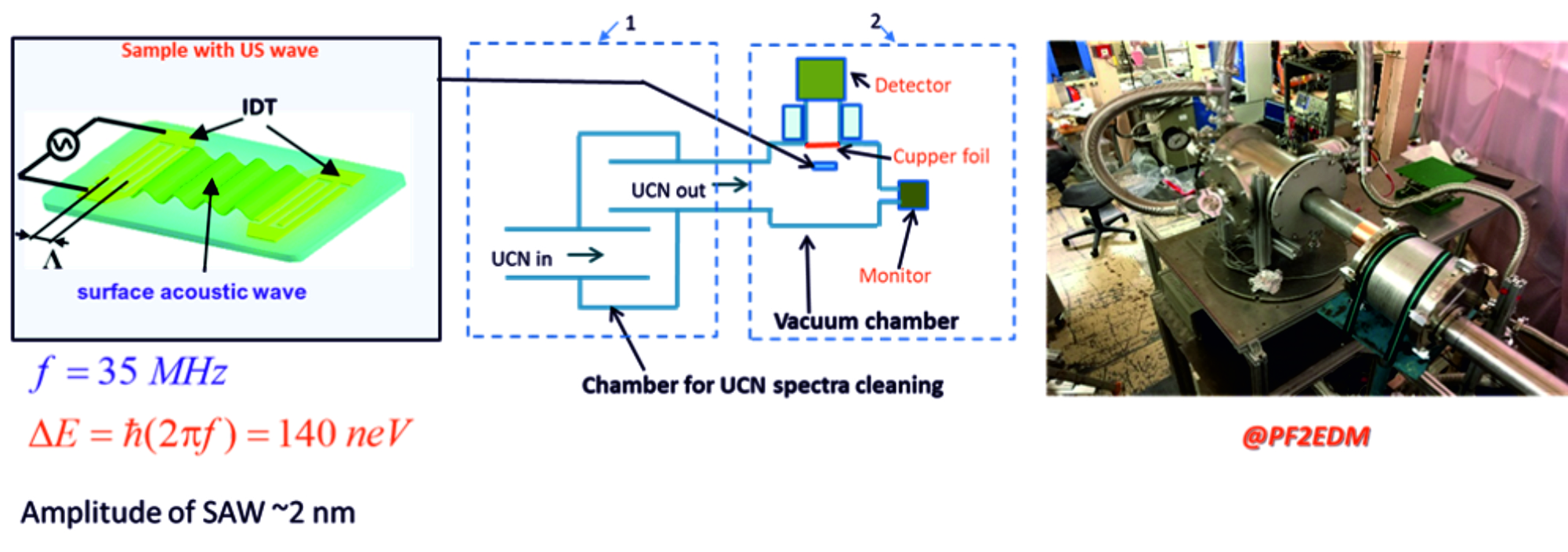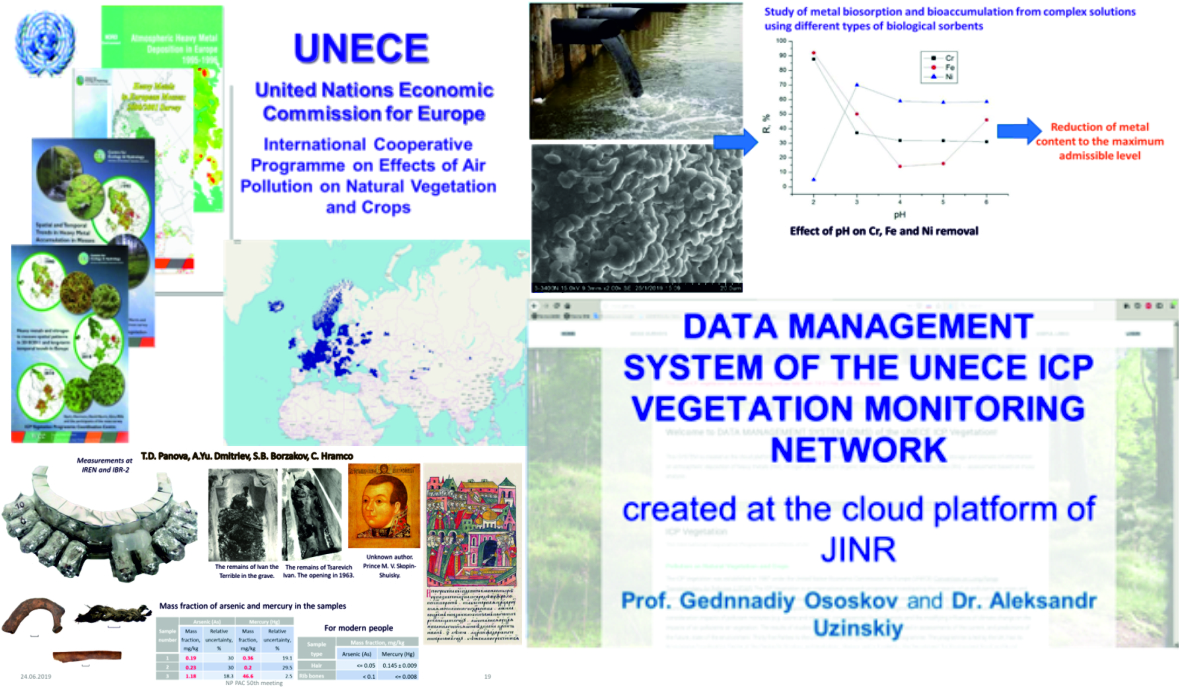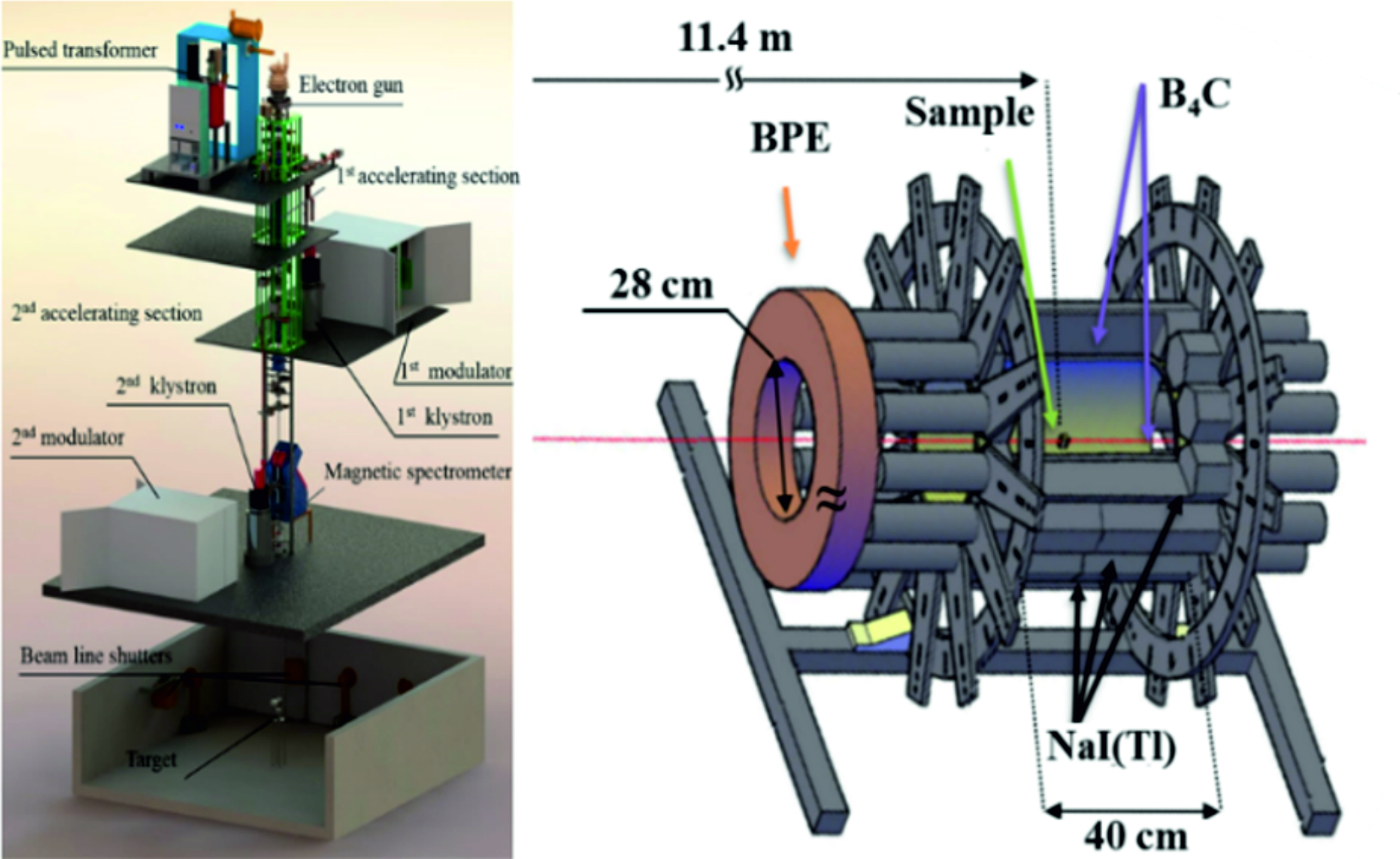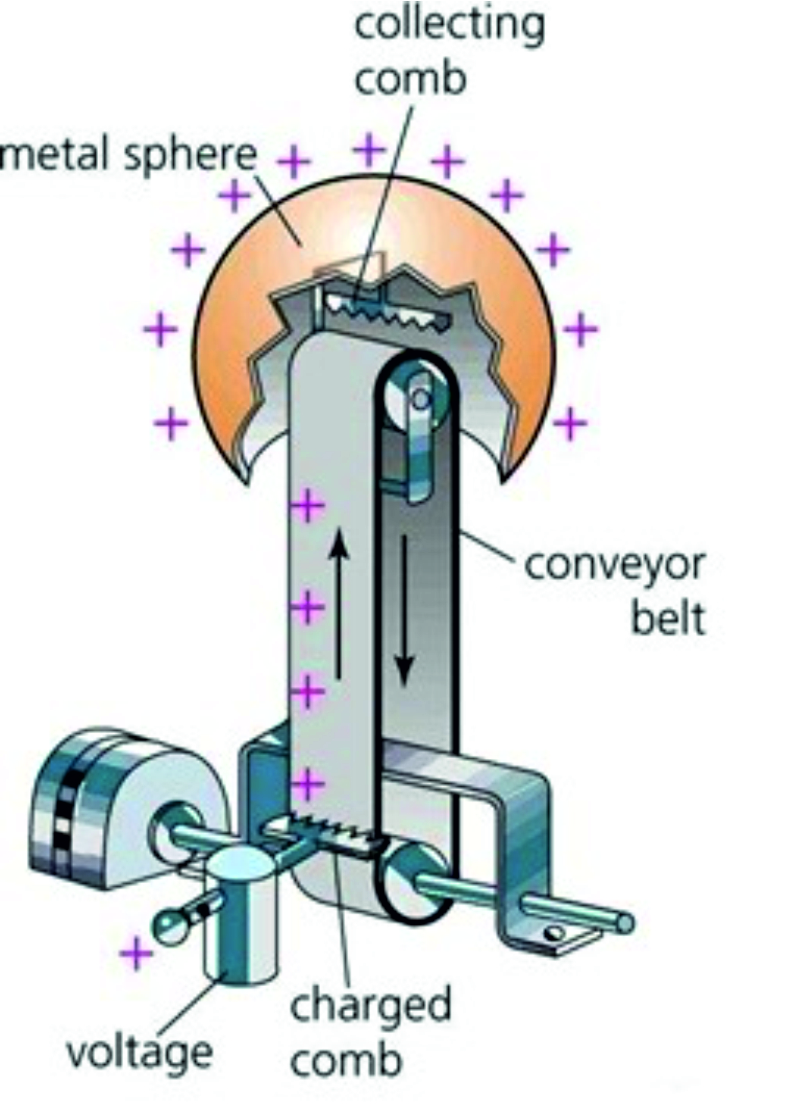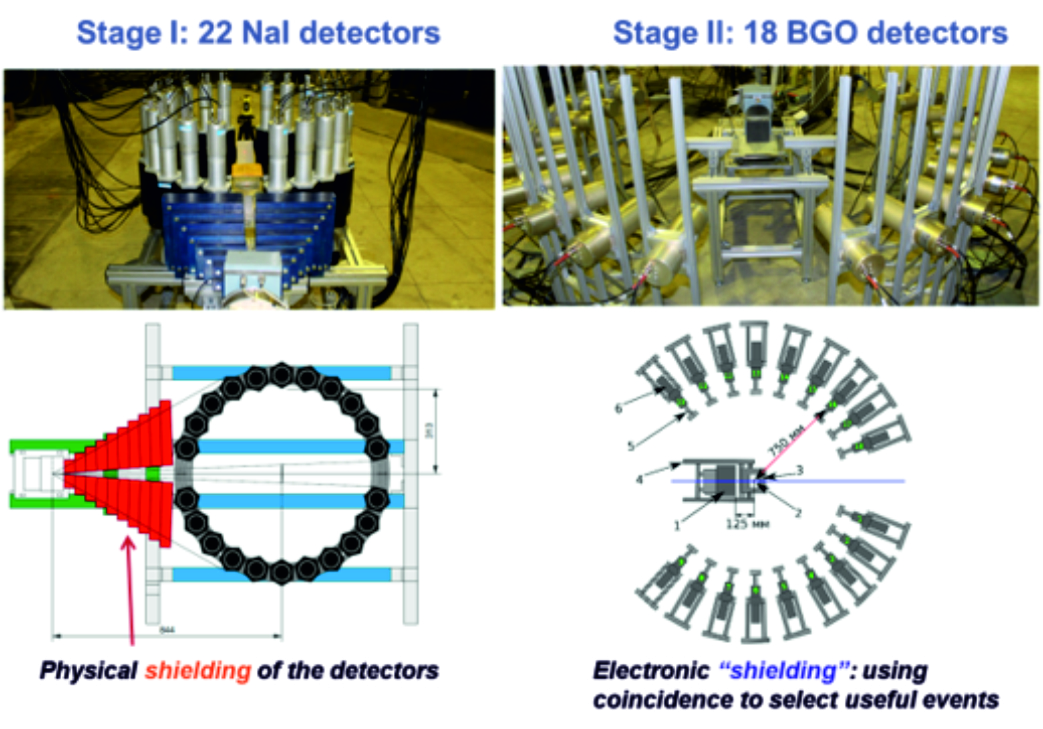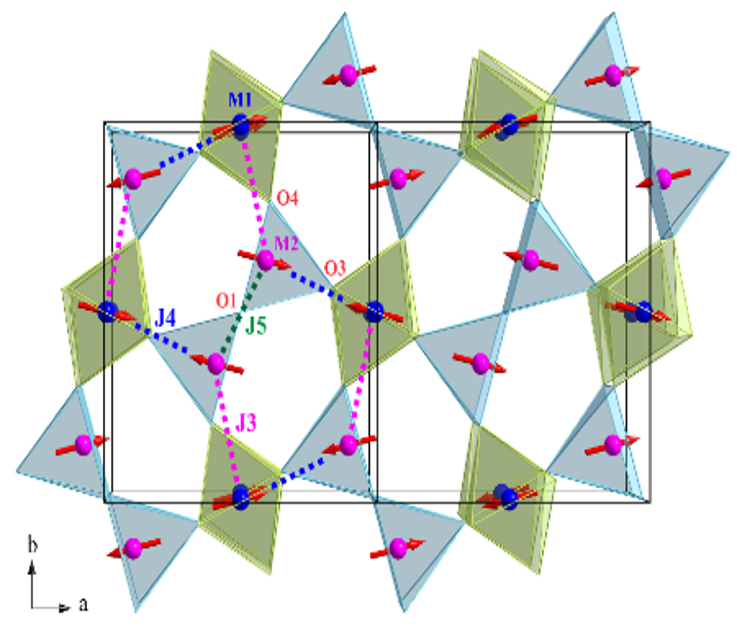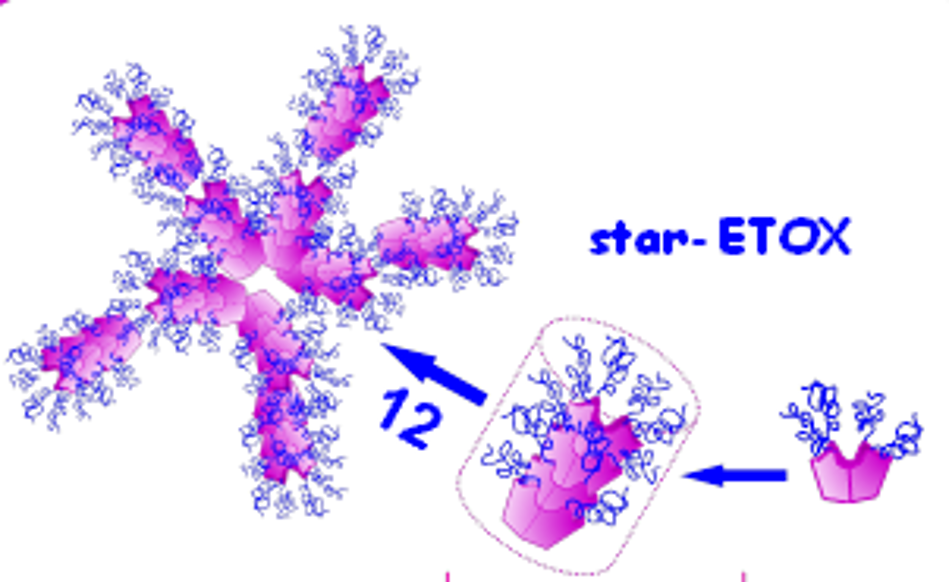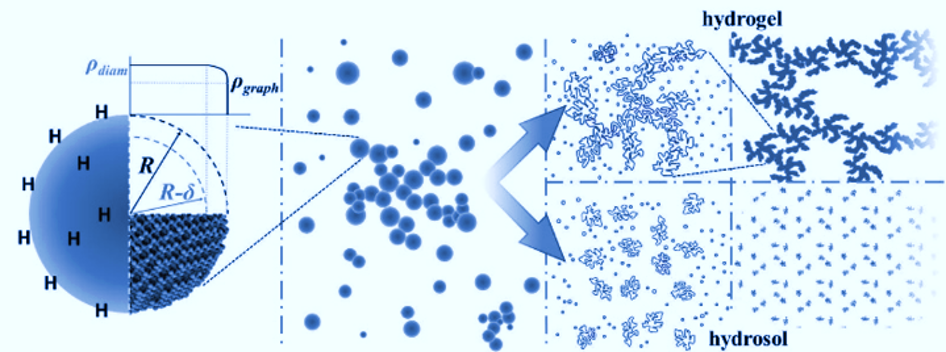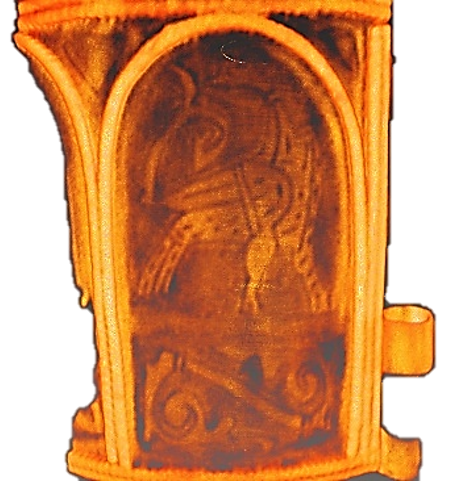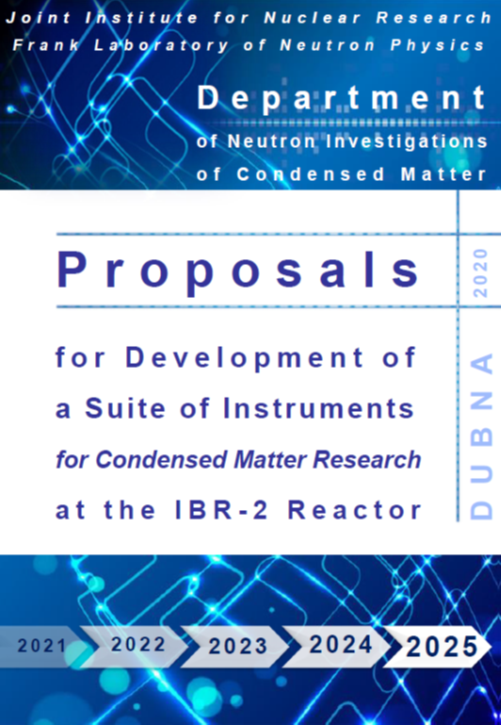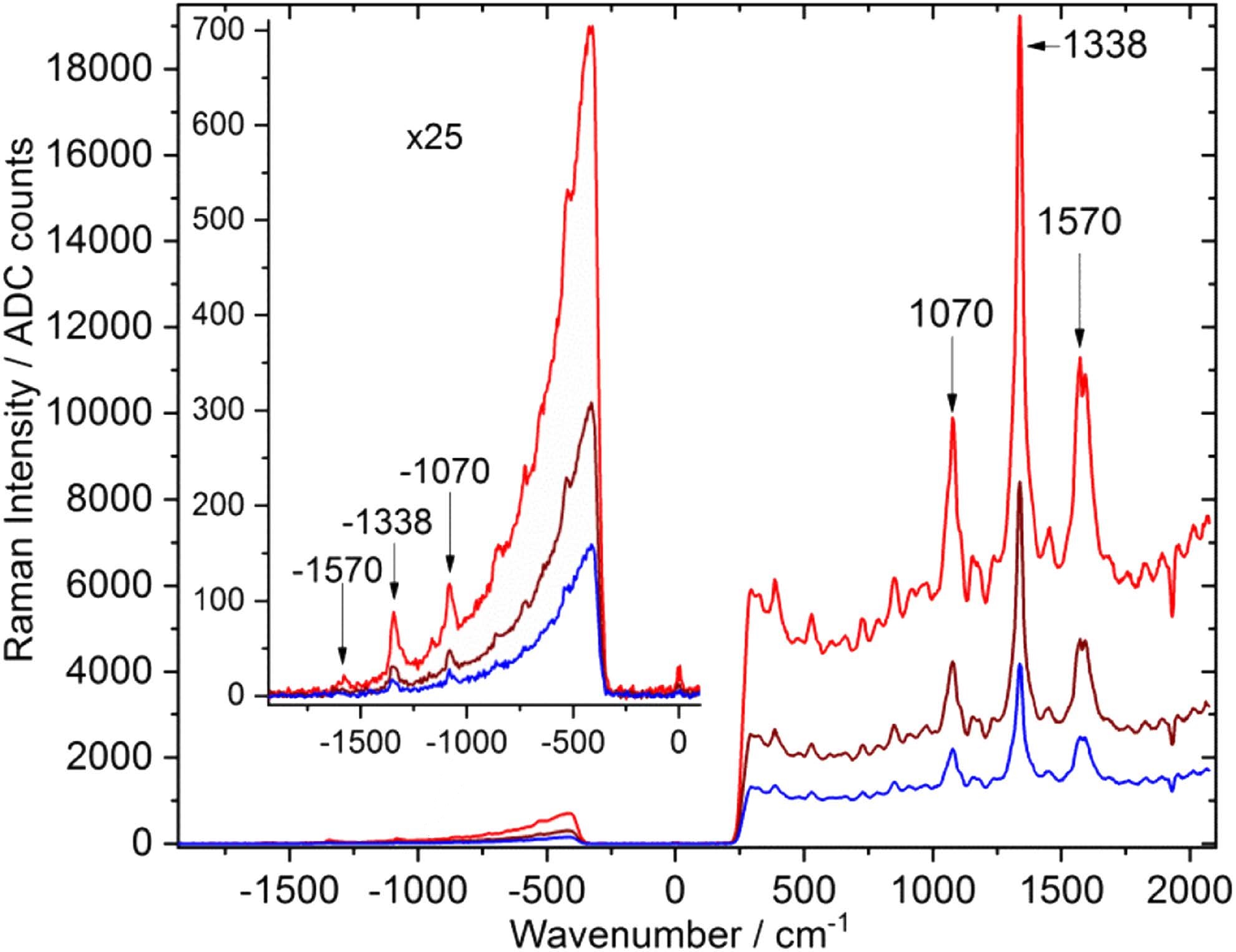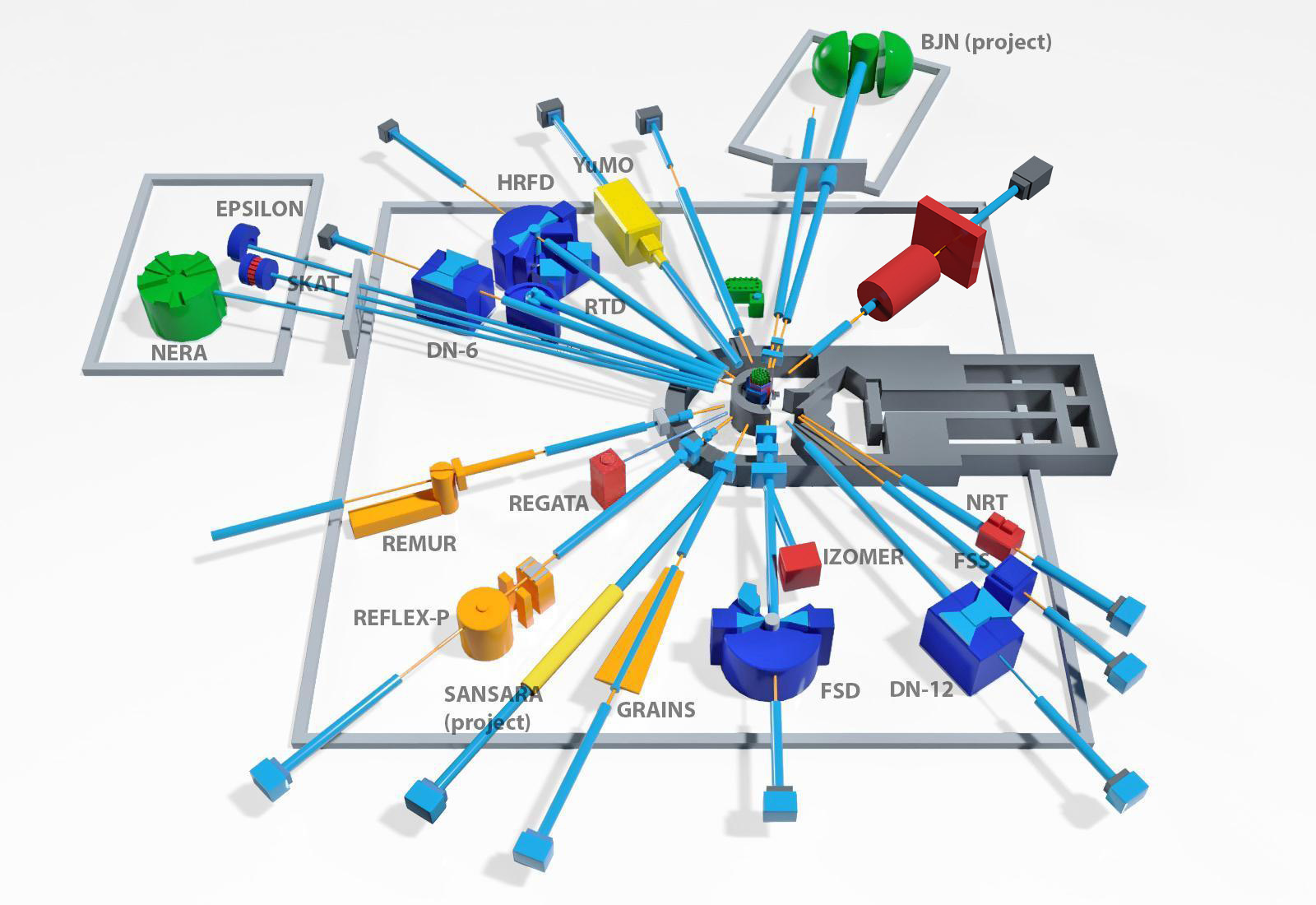Experimental and theoretical studies of the effects of symmetry breaking in reactions with neutrons and the fundamental properties of the neutron to test the parameters of the Standard Model and search for "new physics"; Physics, methods of generation and use of ultracold neutrons (UCN) experimentally discovered in FLNP; Obtaining up-to-date data for astrophysics, nuclear power and the problem of nuclear waste transmutation using neutron and gamma-induced reactions ... - these are just some of the directions of the FLNP scientific agenda in the field of research on the interaction of neutrons with nuclei and the properties of neutrons.
Participation in the program for the study of condensed matter at the extracted beams of the IBR-2M reactor opens up unique opportunities for expanding the scientific horizons, for choosing the area of one's scientific interests among the most urgent areas. Today practically every new phenomenon in solid state physics, new material, structure is investigated using neutrons. Neutron beams are increasingly used in research on polymer materials, chemical reactions, catalysis, electrochemistry, in experiments on the study of the physics and chemistry of macromolecules, and the functioning of biological systems. Research with the help of neutrons of objects of natural and cultural heritage, the use of neutron methods in solving environmental problems are promising and already very effective today. The geography of the leading research centers participating in the IBR User Club program, the range of topics presented in it fully corresponds to the position of FLNP in a number of world neutron centers.
The development of facilities, experimental stations on extracted beams, and sample environment systems - all these are world-class projects being implemented at FLNP today, which need promising engineers and designers.
The laboratory is entering a new period in its history: it creates a high-flux neutron source of the next generation, which will replace the existing mega-science facility for the IBR-2M reactor. It is necessary to solve a set of problems comparable to those faced by the founders of the Laboratory I.M.Frank, D.I.Blokhintsev, F.L.Shapiro.
Would you like to get to know the Laboratory better?
There are various options for this. You can use one or more of them:
- We work closely with the JINR Educational and Scientific Center, a specialized unit that attracts young people to the JINR's science by offering a variety of event formats
- We, of course, are open to deepening joint work with students of our basic departments in partner universities through the implementation of their term papers and theses
- We know that you cannot think of a format for every interesting person, that each of our today's colleagues has his own path to FLNP, and therefore we are ready in any case to respond to your interest in the Laboratory, establish direct contact and together look for your own path to FLNP
Condensed Matter Physics
Topics of Graduation and Master's Theses № Topic Level Supervisor 1. 2. 3. 4. Andrey Kirilov 5. 6. 7. Topics of Candidate's Theses № Topic Supervisor 1. 2.
Radiation detection
Master
Zaky Ibrahim
Crysal and magnetic structure of complex cobalte oxides at high pressure
Master
Sergey Kichanov
Structural features of metal cultural objects: neutron investigations
Master
Sergey Kichanov
Development of device servers for control of the spectrometer equipment in the Tango Controls environment for Windows/Linux OS
Bachelor
Special coatings for neutron optics
Master
Mikhail Avdeev
Investigation of polymer films in dry and wet states using neutron reflectometry of polymer films in dry and wet states using neutron reflectometry
Master
Mikhail Avdeev
Investigation of the proximity effect in a layered ferromagnetic/superconductor Fibonacci system
Master
Vladimir Zhaketov
Investigation of magnetic ordering in quasi-periodic layered systems
Vladimir Zhaketov
Development of additional modes in polarized neutron reflectometry
Vladimir Zhaketov
Nuclear physics
Topics for Bachelor’s and Master’s theses Topics for PhD theses № Topic Supervisor 1. 2.
Investigation of the structure and dynamics of a number of non-steroidal anti-inflammatory drugs
Elena Raksha
Investigation of the ROT-effect in fission
Daniyar Berikov
Nuclear Safety
Topics for Bachelor’s and Master’s theses

